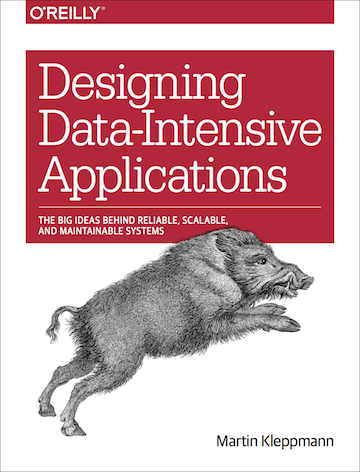A day of remembrance for the digitally excluded
Published by Martin Kleppmann on 16 Feb 2008.
We received a phone book. It appeared on our doorstep. It was heavy and printed on paper and wrapped
in plastic.
I looked at it like someone from a different planet. I hadn’t touched a phone book in
years! Why on earth would somebody still want one?
My friends all have mobile phones, not
landlines; and I have their numbers stored in my phone anyway, so I don’t need to look them up. For
business contacts I have their business cards, which I store in a contact management database, which
is also easily searchable. And if for some reason I don’t have somebody’s number, I would look it up
in an online phone book which contains all people in the whole of the UK, not just Cambridge.
When
I have children, they will probably fail to grasp why anybody could have possibly wanted a big
heavy book with their neighbours’ phone numbers. And I will feel like someone from the middle ages
because I still remember using them (back in the day when it took 2 minutes to connect to the
internet by modem, so it was actually faster to use the paper phonebook). And hey, I’m 24 – how are
my parents’ generation going to feel?
But then, take a step back. Why are they still distributing
paper phone books for free? Because there are still many, many people who do not have internet
access. Many millions in the UK – and outside the industrialised world it’s the vast majority of
people. That
online oxygen which I take so
completely for granted, it’s not actually as omnipresent as I would like to think.
The internet has
completely changed the world, I can hardly repeat it often enough – it is the same kind of massive
shake-up as the industrial revolution or the invention of the printing press. But we who are
involved in making that technology must not forget about those people who lack internet access.
There is a divide between those who are part of the communication and democratisation which the
internet is bringing, and those who are
“digitally excluded”. We
must not forget them, and we must do our best to get everybody online, anywhere on the planet, by
making technology accessible, usable, and affordable.
Someone put a lot of money, time and effort
into printing that phone book. Although it probably didn’t require a tree to be felled, it has still
consumed a lot of recycled paper. I would have felt bad to put it in the recycling immediately, even
though I know that we are never going to use it. So I stripped off the plastic wrapper and placed
the book carefully in the drawer under the living room table. Last year’s phone book was there too,
just as unused. At least now, the two phone books can keep each other company.
If you found this post useful, please
support me on Patreon
so that I can write more like it!
To get notified when I write something new,
follow me on Bluesky or
Mastodon,
or enter your email address:
I won't give your address to anyone else, won't send you any spam, and you can unsubscribe at any time.
